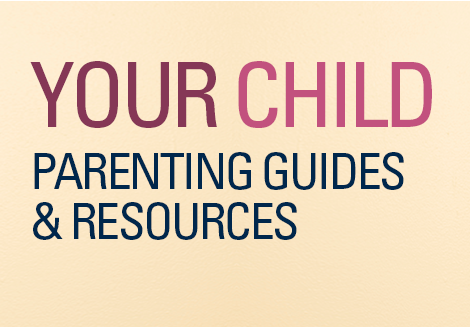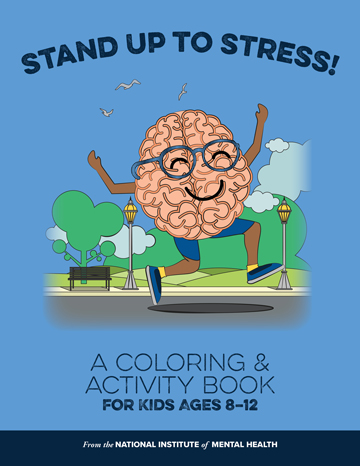 Many people get health information from the internet. But not every online source is reliable. How do you know whether you can trust the health information you find? There are many signs you can look for.
Many people get health information from the internet. But not every online source is reliable. How do you know whether you can trust the health information you find? There are many signs you can look for.
First, it’s important to find out if a website is from a trusted source. Health websites sponsored by the federal government are a good place to start. Their web addresses will be followed by “.gov.” Well-known medical schools and large professional organizations can also be good sources of health information.
For other sites, it’s important to ask a few questions. Who sponsors the website and what are their goals? They may be trying to sell you a product rather than inform you. Find out who wrote and reviewed the information. Are they a medical professional? Be cautious about any website offering a quick fix or “miracle cure” for your health problem.
It’s also important to note when the information was written. Often there will be a date on the bottom of the webpage. You don’t want to make decisions based on out-of-date information.
Social media sites like Facebook and Twitter are another source of health information. But be mindful—just because a post is from a friend or colleague doesn’t mean it’s true or scientifically accurate. Check the original source to decide for yourself.
A Quick Checklist
No information you find online should replace seeing a medical professional. Learn more tips on finding reliable health information.
Source: National Institute of Health: Health Capsule Newsletter | Finding Reliable Health Information Online, https://newsinhealth.nih.gov/2020/08/finding-reliable-health-information-online | public domain. Retrieved August 3, 2020
Do you need someone to talk to? CHC can help. We invite you to call or email our Care Managers at 650.688.3625 or careteam@stage.chconline.org to set up a free 30-minute consultation. CHC teletherapy services are available now.





